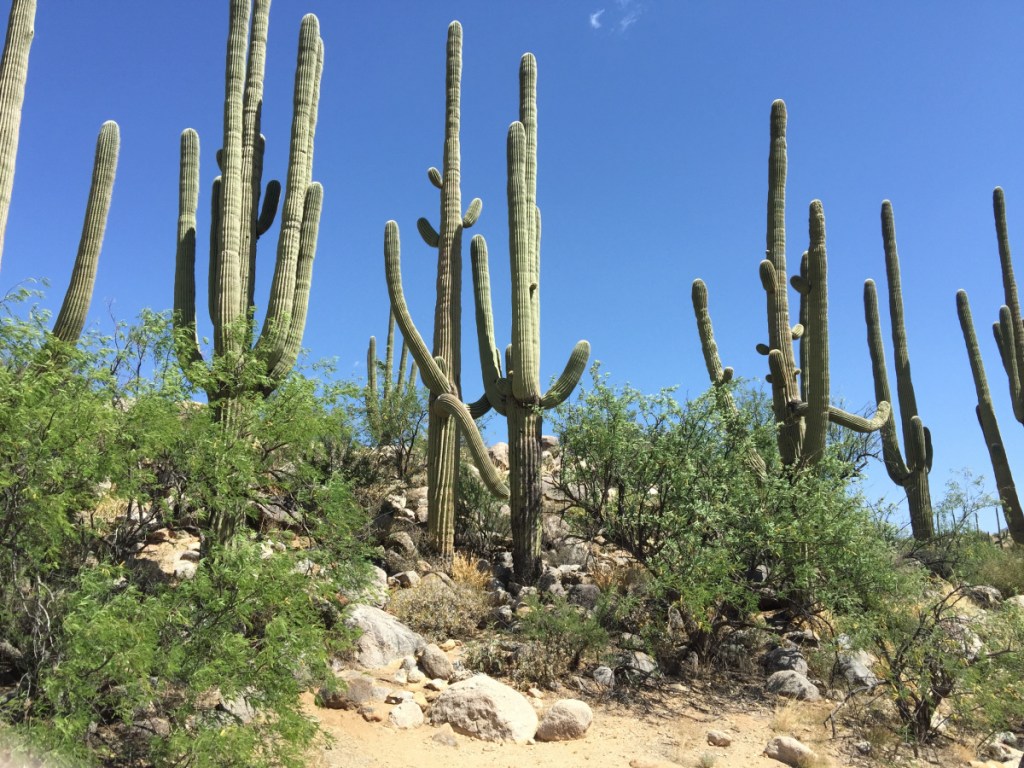Stop arguing about climate change
It’s time to stop arguing about whether climate change is happening. It’s time to recognize what has already happened because of climate change, and do something about it. Today I’m going to share some of the things that have already happened because our climate is changing.
Lyme disease is a huge new problem here in Maine. We never had deer ticks when I was a kid. Scientists recognize that ticks have expanded throughout Maine because of climate changes.
I have enjoyed pheasant hunting in North Dakota but was surprised to learn that their deer are dying in huge numbers because of a disease caused by the bites of a midge. This disease was limited to southern states but the warming climate has brought the midges north. Recently the midges — and the disease they carry — made it to Wisconsin.
Climate change has resulted in Minnesota’s moose population going from 4,000 to just 237. And I probably don’t have to tell you that Maine’s moose are being killed in big numbers by tiny blood-sucking ticks, a new and tragic phenomenon in our state.
We’ve lost a lot of deer-wintering habitat and suffered a near total loss of the deer herd in northern and western Maine after two consecutive brutal winters. The conifer trees that deer rely on are having a hard time, partly because of climate change, which is moving new tree species north.
Our native trout are in trouble because of warming water in some brooks, streams and ponds. The National Wildlife Federation authored a report, “Swimming Upstream: Freshwater Fish in a Warming World.” It’s not good — not good at all. Many studies have documented rising temperatures in major rivers and lakes across the country. A 2012 die-off of lake trout in our own Lake Auburn is an example used in a one report.
Weather events leave brooks and streams swollen and overflowing and, later, reduced to a trickle. Last September I could not fish, for the first time in 30 years, in my favorite brooks and streams in and near Baxter State Park because the water was so low and hot. Brook trout were unable to spawn, so we lost an entire year’s class.
New moths and bugs are now invading our forests, threatening them and our forest industry.
In 2016 Down East Books published my book on Maine sporting camps. We’ve gone from 300 to just three dozen of the traditional camps. When I asked what their biggest challenges are, most said the loss of hunters and anglers. Yes, climate changes are challenging Maine’s traditional businesses and rural Maine towns.
You must be aware of the terrible changes caused by our warming ocean waters. Lobsters are about all we’ve got left, and they are moving strongly north along our coast.
Recently, I read a frightening news story about evidence that Greenland’s ice sheet is melting faster than at any time in the past 450 years — and possibly much longer than that. Sea levels may rise as much as 20 feet. Say goodbye to Commercial Street in Portland, along with many of our coastal waterfronts.
I recently attended the biannual meeting of the Maine Climate Table, led by Cathy Lee. We heard from many groups that are working to address climate change challenges in Maine. It’s an impressive group of people and includes the Sustain Mid Maine Coalition, headquartered in Waterville. Check out www.maineclimatechange.org and www.sustainmidmaine.org.
One thing you can do is urge our members of Congress to support a fee on carbon, with all the money returned to us. And there are lots of other ways to help resolve this crisis — including installing street lights that are more efficient in your town.
I could go on and on, but I will conclude with this. We must do all we can to stop climate change — now. If we don’t, our grandchildren and great-grandchildren will, with great justification, blame us for their misery. Please don’t let that happen.
George Smith can be reached at 34 Blake Hill Road, Mount Vernon, ME 04352, or georgesmithmaine@gmail.com. Read more of Smith’s writings at www.georgesmithmaine.com.
Copy the Story LinkSend questions/comments to the editors.



Success. Please wait for the page to reload. If the page does not reload within 5 seconds, please refresh the page.
Enter your email and password to access comments.
Hi, to comment on stories you must . This profile is in addition to your subscription and website login.
Already have a commenting profile? .
Invalid username/password.
Please check your email to confirm and complete your registration.
Only subscribers are eligible to post comments. Please subscribe or login first for digital access. Here’s why.
Use the form below to reset your password. When you've submitted your account email, we will send an email with a reset code.